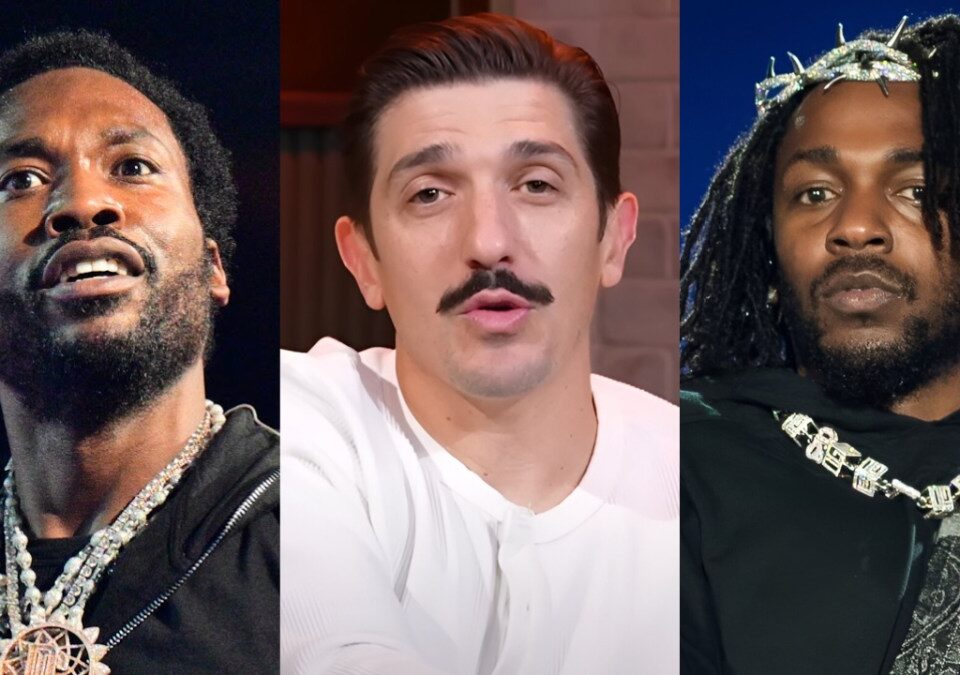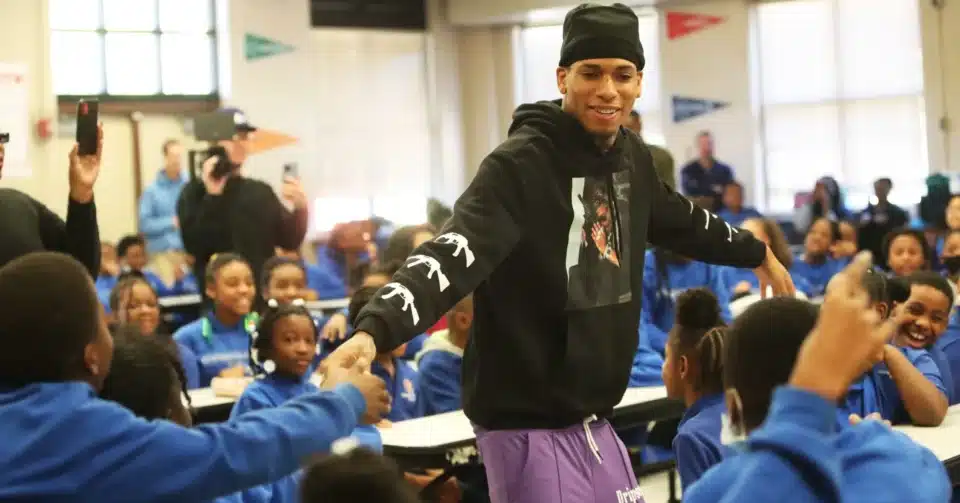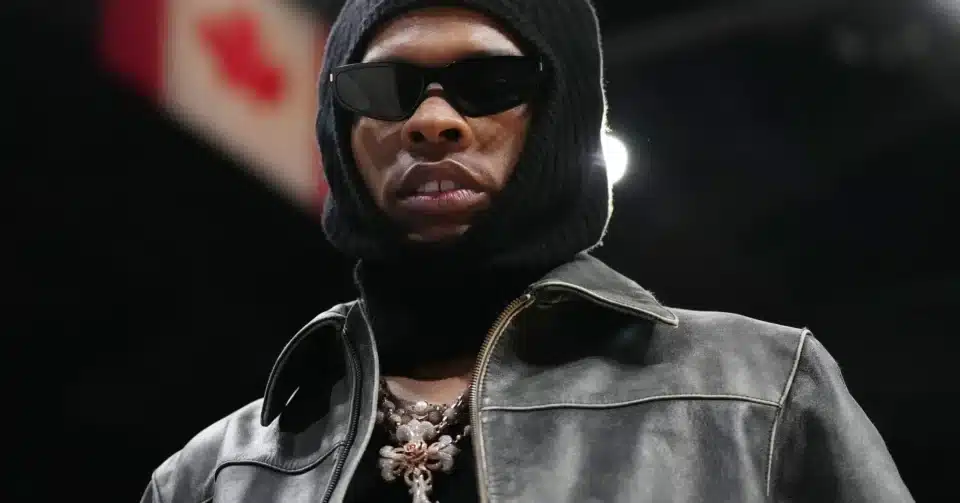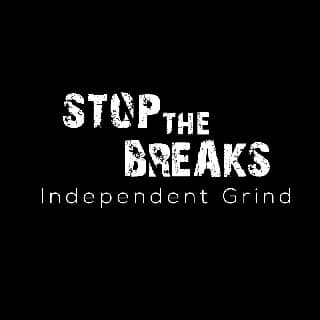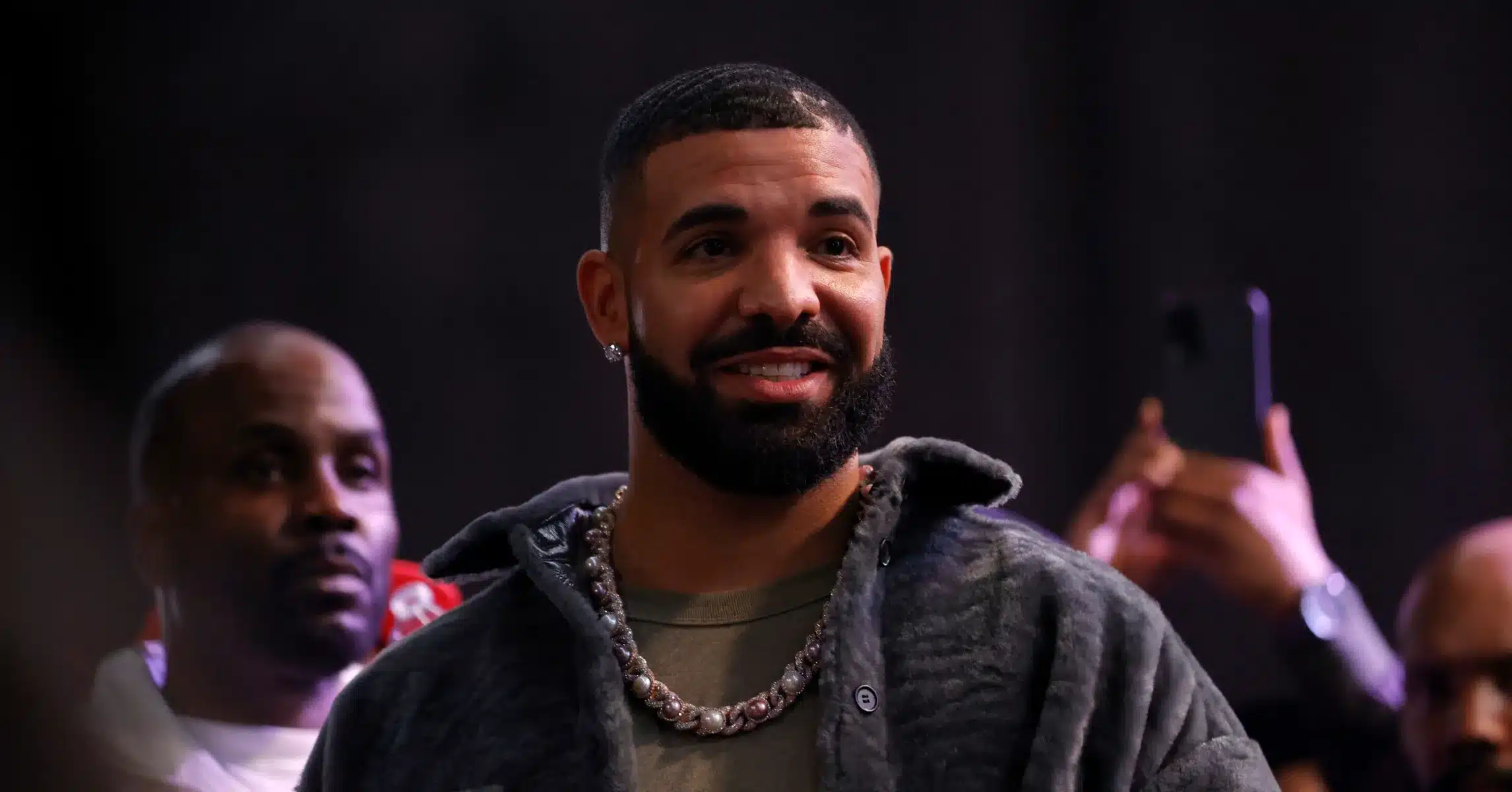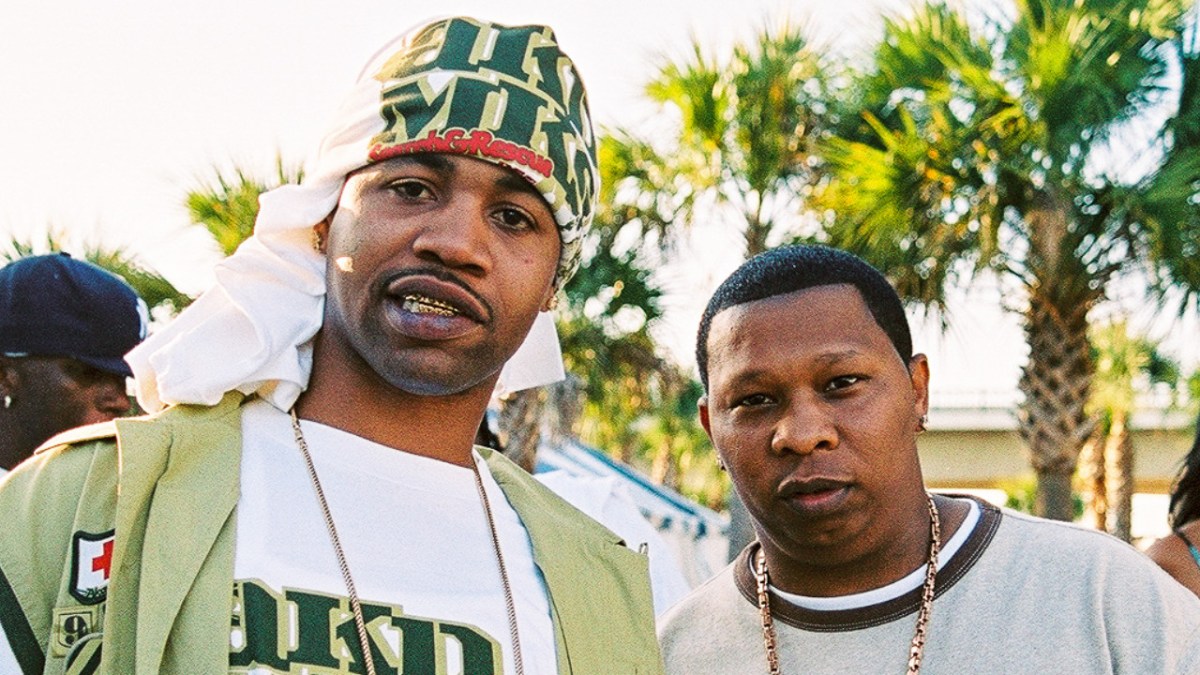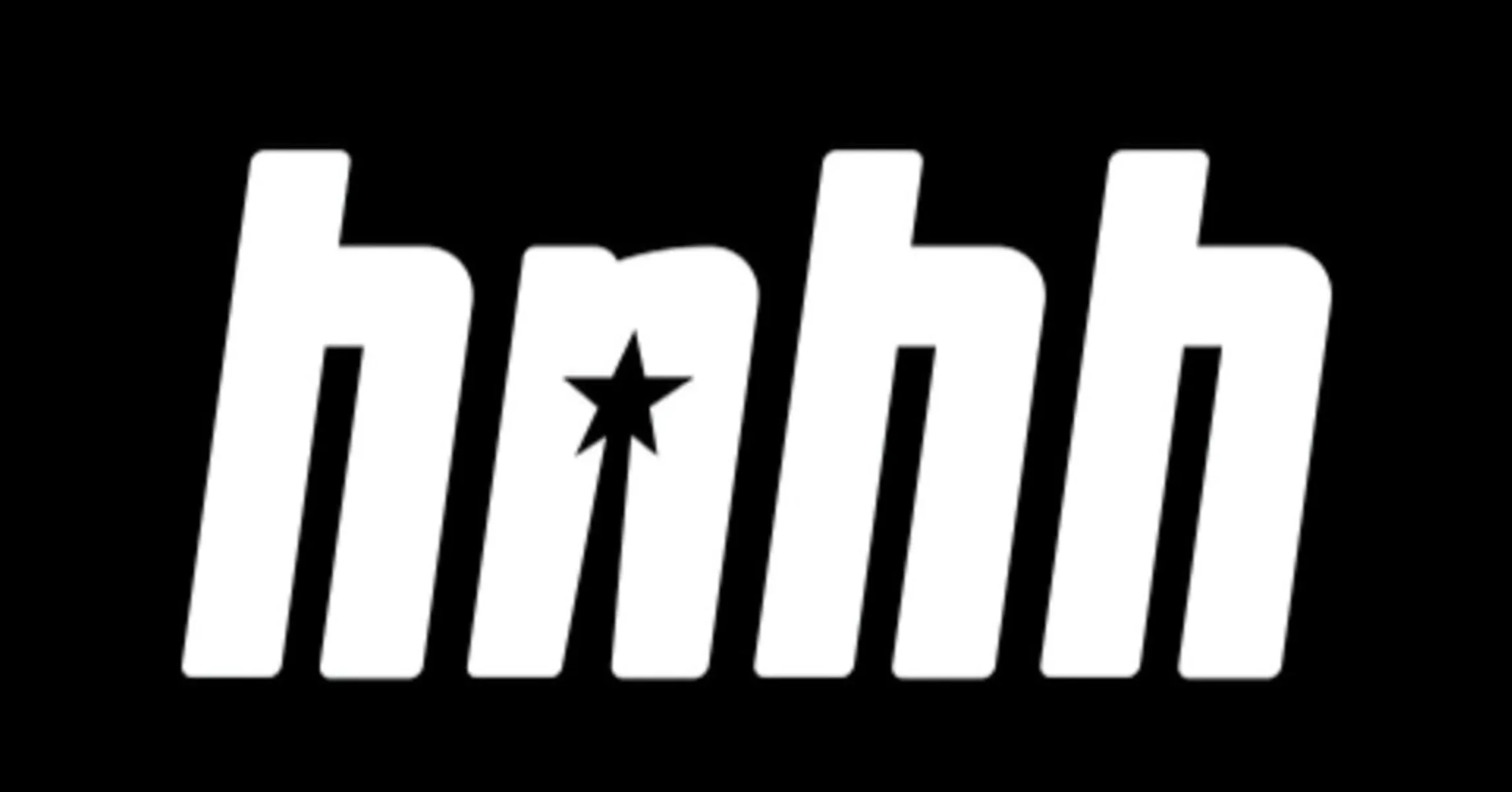Meek Mill recently found himself in a fiery exchange with comedian Andrew Schulz over comments involving Kendrick Lamar.
During a recent episode of his Flagrant podcast, Andrew Schulz made several outrageous comments, including a controversial joke about Kendrick Lamar. Responding to Kendrick’s lyric about comedians not talking about Black women, Schulz remarked, “Kendrick’s people and his security, they will destroy me. But just Kendrick? I would make love to him and there’s nothing he could do about it.”
Schulz’s commentary did not end there. He further pushed boundaries by saying about Kendrick, “The only thing that he could do is decide if it’s consensual or not […] There’s nothing he could physically do to stop that besides put his legs in the air and choose a position.”
These remarks caught Meek Mill’s attention, prompting him to express his disapproval publicly. On X, formerly known as Twitter, Meek posted, “White man saying they’ll rape black men openly is extreme … and then say it’s just a joke .., black manhood not a joke!” He expressed frustration, noting that similar jokes had targeted him, yet his white friends brushed them off as humor, something he contends does not fly in the Black community.
Schulz responded to Meek’s criticism by recalling a time when Meek supposedly found humor in another of his jokes. Schulz referenced a deleted tweet where Meek mentioned, “The first time I laughed at being gay,” emphasizing the inconsistency he perceived in Meek’s reaction.
Taking the exchange further, Schulz used the opportunity to jest about Diddy, saying, “Shoutout to Meek, bro. He’s done amazing things for prison reform like getting all them gay dudes out so he can suck their dicks probably.” He painted a crude picture with his words, showing no reservation despite the gravity of his statements.
This explosive interaction reflects deep-seated tensions around comedy, race, and respect. It underlines Meek Mill’s frustration with the kind of humor that undermines Black manhood—a sentiment that extends beyond the personal and taps into broader cultural conversations.
